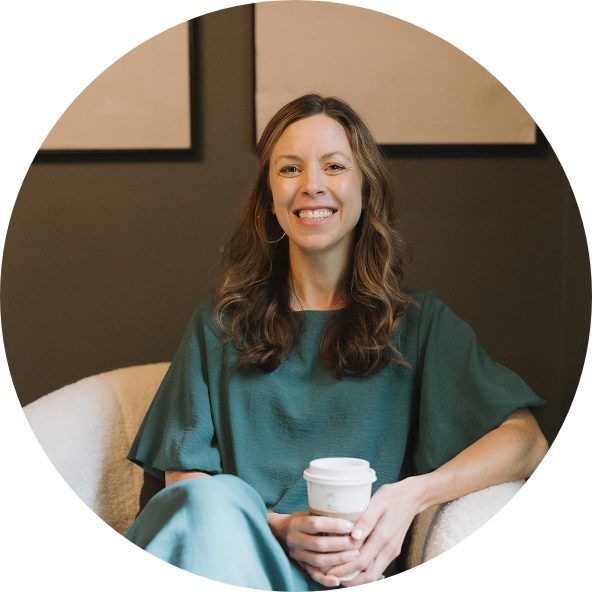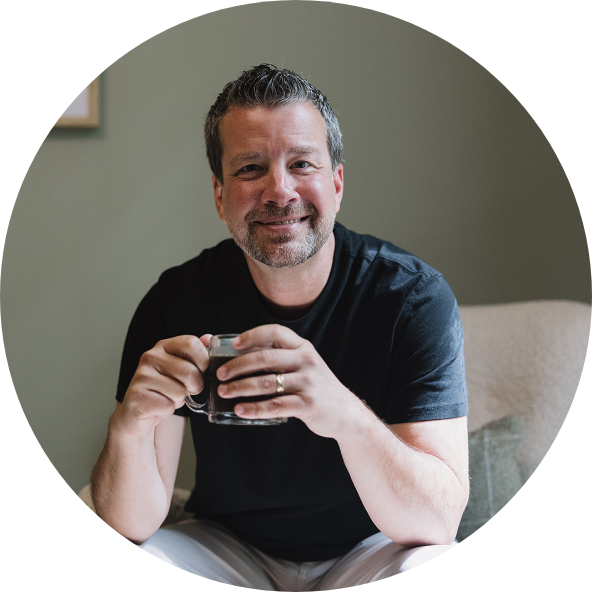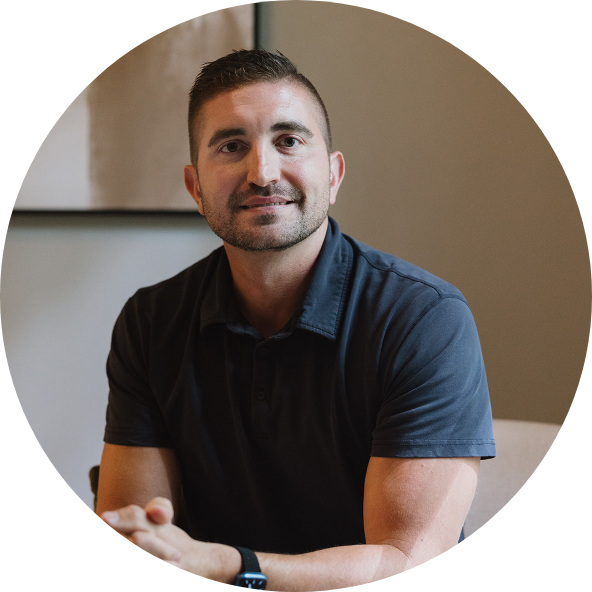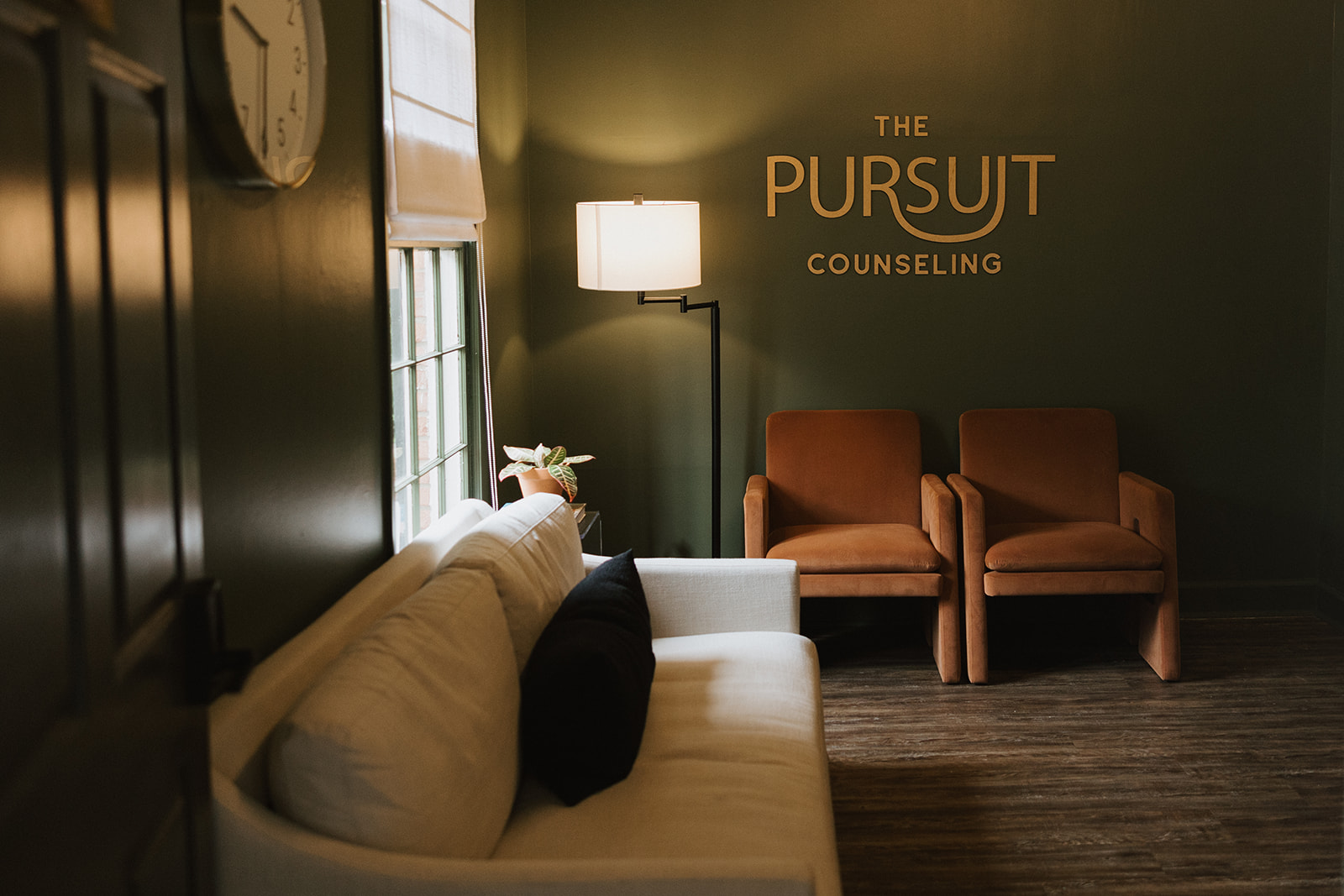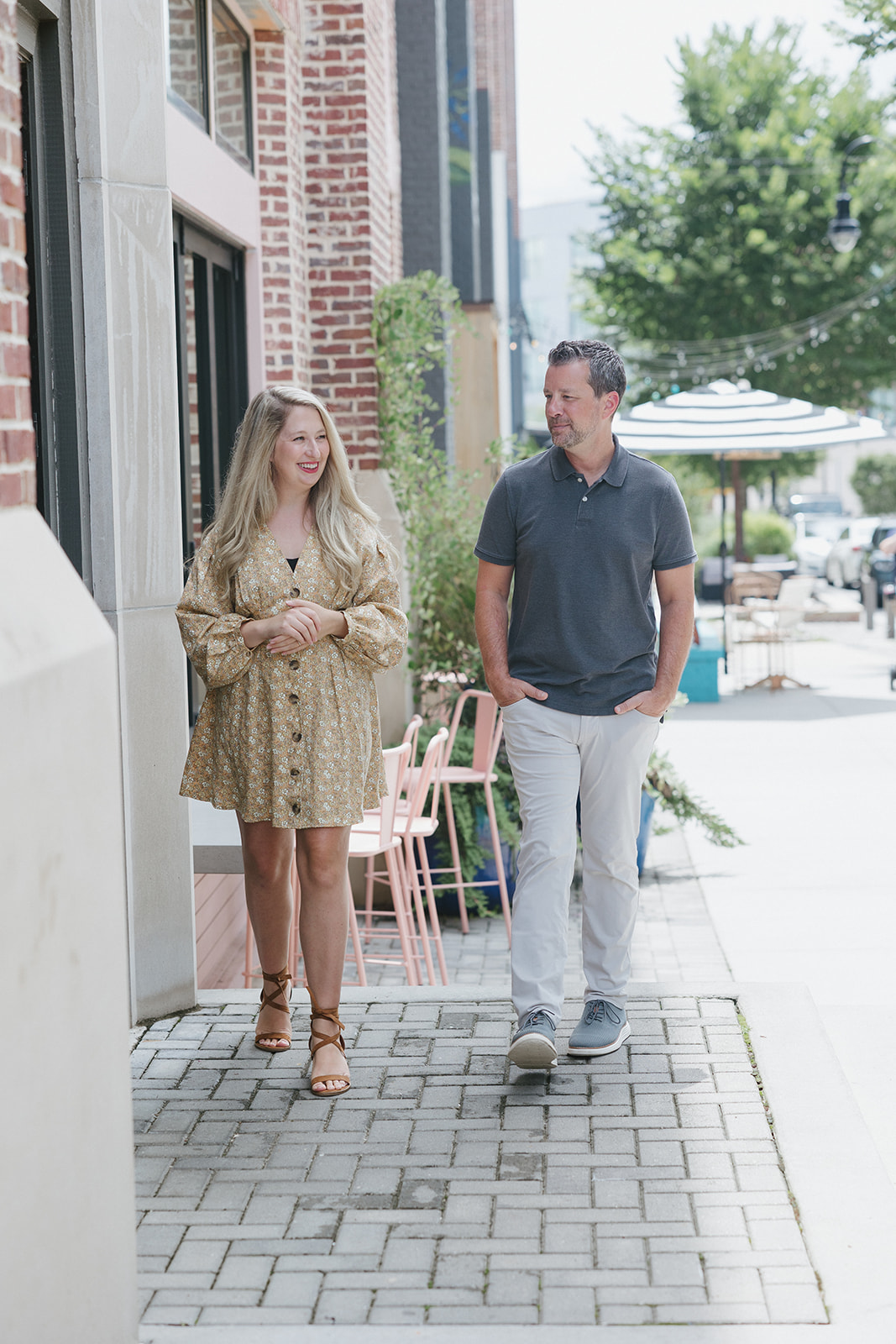Do You Find Yourself Drinking To Manage Your Emotional Pain?
Has alcohol become your coping mechanism for dealing with life’s challenges?
Do you feel like you can’t wind down from a long and stressful day without drinking?
Although your habit started out small, is it starting to get in the way of your best life?
Maybe you’ve been burnt out from your job or dealing with relationship issues and you’ve begun turning to alcohol for emotional relief. Whenever you’re stressed, you find yourself going to the liquor cabinet to “check out” and have a drink or two to take the edge off your stress. Yet the more you drink, the more irritable and exasperated you become. Your temper may be shorter and your patience wearing thin, leading to conflict in your relationships. Additionally, you might experience extreme brain fog the day after drinking, making it hard to be fully present in life.
For the first time, you may be asking yourself: Do I have a drinking problem? Should I get outside help?
Quitting Is Hard When You’re Surrounded By Alcohol Everywhere You Go
Perhaps you’ve tried to stop drinking, only to fall back into your habit because of how easy it is. After all, alcohol is present virtually everywhere you go—during happy hour, at family gatherings, when you’re out with friends, etc. Sometimes, you might feel judged or viewed as a social outcast for not drinking. What’s more, drinking may act as a social lubricant—perhaps you don’t know how to connect or have fun without a drink in your hand.
If you want to stop relying on alcohol to relieve your emotions, we encourage you to connect with us. Here at The Pursuit Counseling, we specialize in helping people manage their triggers and cravings, create healthier outlets for stress relief, and overcome the grip of alcohol addiction.
In Our Society, Alcohol Is A Socially Acceptable Way To Deal With Stress
We live in a society that all but worships success. Hustle culture tells us that if we’re not working 60-plus hours a week and toiling away to the point of exhaustion, then we’re not doing it right. We face enormous pressure to get into good schools, land high-paying jobs, and climb the corporate ladder as fast as possible.
To cope with all these pressures, many people turn to alcohol. And what sets alcohol apart from other substances is that it’s seen as a perfectly acceptable way to de-stress. Think about it: when someone at a bar says they need to drink away their feelings after a breakup or a bad day of work, most people look on good-humoredly and see no problem. And while there’s certainly nothing inherently wrong with drinking, using alcohol as a means of coping can quickly backfire and lead to unhealthy levels of dependency.
Overcoming Alcohol Addiction On Your Own Is Easier Said Than Done
Not only does alcohol function as a band-aid for difficult emotions, but it also acts as a catch-all for virtually every emotion, good and bad. People drink to celebrate closing a big deal, scoring a new promotion, or getting married. Drinking is so common and all-encompassing that it’s virtually impossible to escape. This is especially the case in our area of Georgia—even the ice cream shops serve beer and wine. Sometimes they even mix alcohol into the desserts.
Naturally, the ever-present nature of alcohol creates a culture where sobriety is tough to maintain. This is why it’s so crucial to seek support. You can’t change the fact that alcohol is everywhere you go, but with the right help, you can learn to regulate your triggers and cravings and live a life that’s free from alcoholism.
Therapy Can Empower You To Overcome Your Alcohol Addiction
Many people who come to our practice tell us, “I told myself I wouldn’t do it again—I said I’d just order a club soda this time, but I relapsed.” They’ve tried quitting numerous times, but they keep coming back to alcohol as soon as life gets stressful or they’re out having a good time with friends. Therapy is a chance to break the cycle by learning new relapse prevention skills, bolstering your accountability system, and—most importantly—getting to the root of your alcohol addiction.
At The Pursuit Counseling, we want to help you address the core beliefs and unhealed traumas that are fueling your alcohol addiction. By understanding the experiences and symptoms that led to your habit, we can begin reducing the shame and stigma that surround it. The goal is to separate the person from the problem, helping you understand that you are not your addiction and that it does not define you. Once you can release the burden of shame from your life, the work of recovery becomes a lot easier.
What To Expect In Alcoholism Counseling Sessions
We have many therapists who are trained to treat alcohol addiction and we always customize our approach to suit the unique needs and goals of each client. Our work is very trauma-informed and focused on unearthing the deeper emotional wounds at the root of your alcohol use. This way, you can experience full healing instead of temporary relief.
Our practice often takes a narrative approach to therapy, which means looking at the story you’ve been telling yourself about your life and exploring how it may be perpetuating your addiction. Instead of telling you what to do, our role is to observe, offer insights, and help you assess whether or not your story reflects reality or not. We also utilize Cognitive Behavioral Therapy (CBT), which provides a mental toolbox of skills you can use during the early stages of addiction recovery. CBT can help you challenge the unhelpful thoughts and beliefs (such as “I can’t cope without alcohol”) that make relapsing so tempting.
Additionally, our therapists have a wide range of external supports we can offer, including Patrick Carnes PhD addiction resources and—for those interested—accountability tools and substance monitoring systems. We always strive to be as comprehensive as possible, setting you up for the best chances of recovery and healing. By using a compassionate, trauma-focused, and well-rounded approach to addiction therapy, we believe we can help you break the hold that alcohol has over you and leverage your strengths to lead a more fulfilling life.
You May Have Some Questions About Alcohol Abuse Therapy…
What if people judge me for seeking a therapist?
Seeking support is a sign of strength, not weakness. When you think about it, the most successful people have numerous support systems. Entrepreneurs have coaches, Michael Jordan had dozens of people helping him on and off the court, and the president of the United States has a whole cabinet of advisors. There’s no shame in leaning on others for help, and there’s also no shame in changing your relationship with alcohol.
What if I’ve already tried therapy and it didn’t work?
Many addiction counselors are focused on the behaviors of drinking. Our approach takes a different route, since we start by helping the person who is drinking come up with new ways to cope with their life situation. Over time, clients learn to replace the coping skill of using alcohol with coping skills that are effective. By taking a bottom-up approach, we’re able to help clients manage the underlying stressors that led them to rely on alcohol in the first place.
What if counseling costs too much?
Many people are concerned about the cost of alcohol addiction therapy, but they’re usually not concerned about the cost of the bar tab. Nonetheless, we’ve found that it’s usually much cheaper to invest in counseling than the ever-increasing expenses of the bar tab each week. Investing in counseling can save you time and money in the long run, ensuring that you don’t continue spending lots of hard-earned money on your habit.
You Deserve To Have A Supportive Community On Your Recovery Journey
No one should have to work through addiction alone, and that’s why we’re here. If you want help overcoming alcohol abuse and navigating the ups and downs of the recovery process, you can email us, Start Here to begin your journey toward healing.





